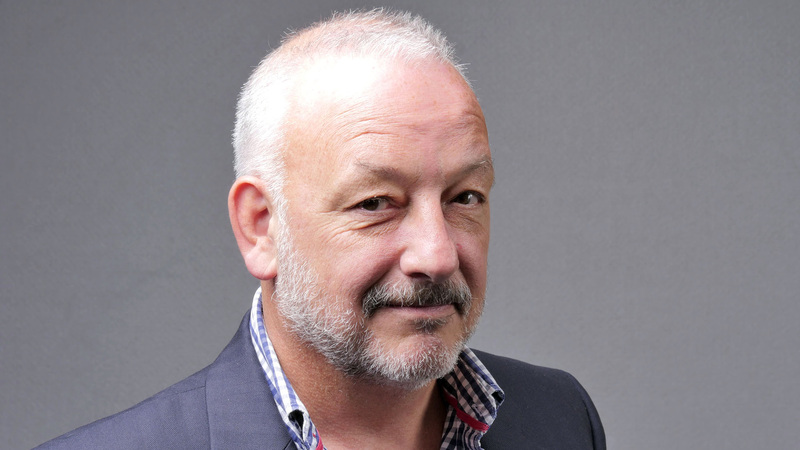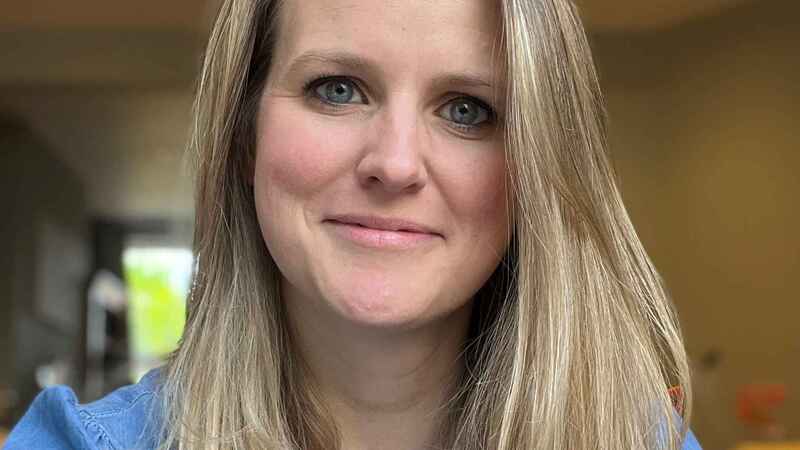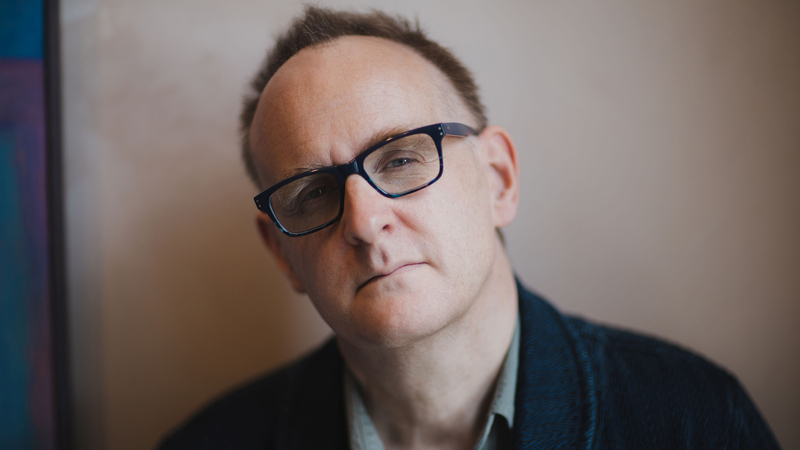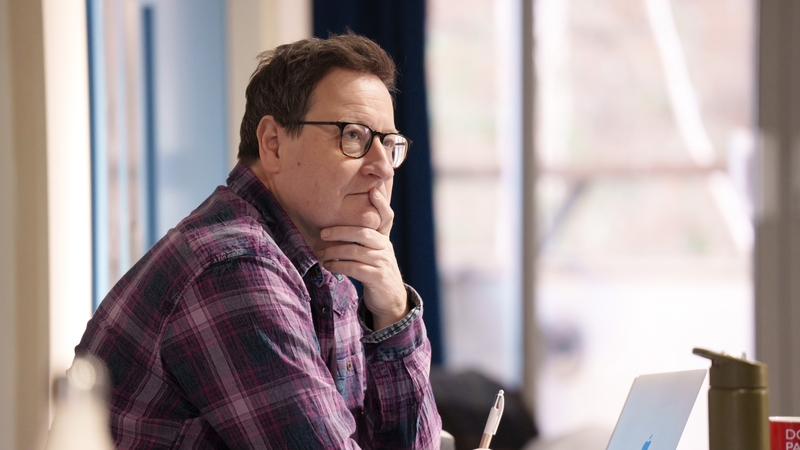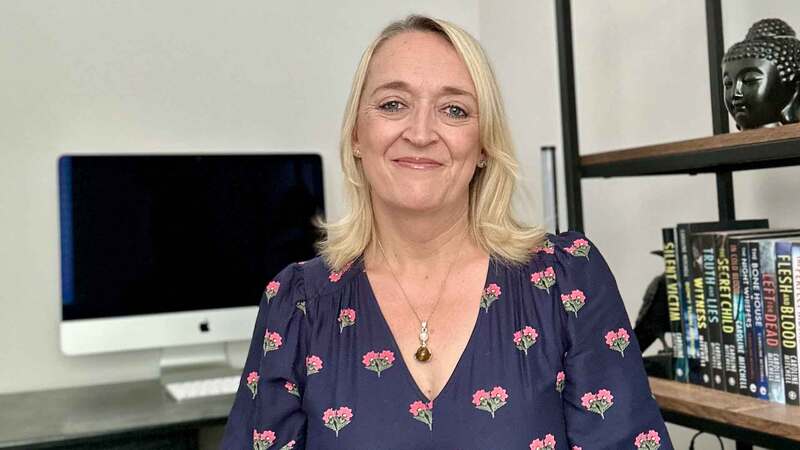You are viewing your 1 free article this month. Login to read more articles.
'Bumper' time for screen rights as companies dig into development
Book to screen agents say they have experienced a “bumper” time for rights sales, as companies sank money into development when lockdown restrictions stalled production.
Owing to the pandemic, a lot of shows and movies could not go into production or saw filming interrupted over the past year, a situation that has started to ease of late. However, those delays meant TV companies in particular ramped up their commissioning of screenplays and optioning of books to focus on development. Hannah Ladds, an agent at Madeleine Milburn said there had "never been a better time" for book to screen sales.
Aitken Alexander's dramatic rights agent Lesley Thorne said she had been busy optioning both frontlist and backlist titles despite delays to production. She said: “Last year was a bumper year for all agents in optioning material to producers. Everyone dug in to development during the pandemic.”
Yasmin McDonald, film, TV and theatre agent at United Agents, agreed the market had been “surprisingly robust”. “When production shut down in the first half of last year, a lot of production companies focused their energy on developing,” she said. “Screenwriters are so busy it can be hard to develop ideas for screen from the ground up – books offer the perfect solution.”
One of Thorne's recent deals was for Clara Salaman's Too Close (Corgi), written under the pseudonym Natalie Daniels, which airs this month on ITV starring Emily Watson. The show had been due to go into production last April but that was postponed until September. “Clara along with other screenwriters had to do quite a lot of rewriting,” explained Thorne.
“It's been a lot more work for producers, writers and directors, for everyone involved in filming and developing but I think that community has done really well to get stuff into production.”
With cinemas closed for so long and more streaming services starting to commission their own shows, Thorne said most of her recent business has been focused around television. The majority of production firms now have their own dedicated literary scouts too, meaning they're quick to pounce on the hottest books.
Thorne said: “The biggest change over the last five years is there are so many more platforms, with Apple, Netlfix and Amazon commissioning originals as well as British platforms such as BritBox starting to do originals as well and Sky Atlantic starting to again. I think there's more actually converting from development into production.
“Just in general, because there are more places to get commissioned from, more stuff is getting into production. I think there's been a real feeding frenzy over IP, whether it be books or podcasts or turning documentaries into drama.”
Thorne and other agents agreed production was starting to pick up again now. Emily Hayward-Whitlock, The Artist Partnership's head of book to film, said production companies had been asking “why now?” when considering buying a new project since the start of the pandemic but the situation was changing.
“'Why now?' is a difficult question in an industry in which ideas can be developed over a long period of time,” she said. “On average a show goes into production within two to three years of being optioned and film is even longer. So while, initially we were told no period dramas, small casts only, and no international travel, thankfully, we have already seen a fall away in those restrictions.”
With production delays, it might suggest a bottleneck could be on the way as those developed shows get underway. Agents generally said they had seen little evidence of that so far but Thorne suggested there could be a slight slowdown.
She said: “I think from talking to producers across the industry there's definitely a bit of a logjam and just a few things need to get into production and then people will be looking to commission the next round of TV. I know the commissioners are trying to be as quick as they probably can but obviously they've only got a certain budget every year to commission shows so it will be slower than at the moment. But as an agency we're having quite a boom time for film and TV.”
In terms of trends, firms are still looking to pick up crime and thrillers, but Hayward-Whitlock said the industry also wanted to reflect political events. She said: “The reaction to the #Metoo movement has contributed to an interest in strong female characters and a move away from stories with violence against women. A book we sold in an eight-way auction towards the end of last year, was a smart thriller with brilliant female characters [Calla Henkel’s Other People’s Clothes (Sceptre)], and I think it felt timely, as well as providing some of the escapism we’re all yearning for at the moment.
“Another eight-way auction was for a brilliant YA thriller exploring institutional racism within a school. The killing of George Floyd and the Black Lives Matter movement, has brought into sharp focus the urgent need for more diverse voices and characters. It is encouraging to see these stories being more in demand.
“There’s also a strong appetite for true inspirational stories, such as one about an incredible female journalist, two pioneering female doctors, and another about a young gay teacher.”
At United, McDonald said there was a continuing appetite for stories from people previously underrepresented on screen but also stories from unusual perspectives.
She added: “Lockdown seems to have given everyone an appetite for entertaining, uplifting, escapist fare – perhaps also with an aspirational or inspirational element to it, as we’re all living vicariously through our TVs at the moment. Horror still seems to be on a lot of producers’ shopping lists as it offers escapism of a different kind – no pandemics though. Also, adaptations that families can watch together – not necessarily as young-skewing as you might think - anything genre-bending or genre-subverting. And dogs. Everyone loves dogs, always.”
Ladds, the book to screen agent at Madeleine Milburn, suggested tastes were swinging back towards pre-pandemic times now. Companies wanted edgier YA in the vein of “Sex Education”, or rom-coms with a distinctive voice. However, despite the huge success of “Bridgerton” and “The Queen's Gambit”, period drama was still a “hard sell”, at least for the time being. She said: “Hopefully those mega-hits will prove there’s an appetite, even if it’s for revisionist stories or historical spectacle. “
Ladds added: “Crime is always popular, but it is a saturated market so companies are looking for fresh ways into the traditional crime format rather than a bog-standard police procedural. Someone described this to me as ‘crime-adjacent’ which neatly sums it up. Thrillers also always do well, but similarly there is a lot of competition so they need to have really distinct characters, or a hook, or have something interesting to say about contemporary society.
“After the success of shows such as ‘Big Little Lies’, ‘Little Fires Everywhere’ and ‘The Undoing’ there’s an appetite for smart, social dramas, possibly with a thriller or mystery element, with ensemble casts that could attract A-list actors. Diverse stories are also doing really well, especially if they aren’t didactic and racial issues are incidental to plot.”
Marjacq Scripts' Leah Middleton agreed escapism was still key, but she added: “There's also a real conversation about achieving more diversity on screen, both in terms of the characters we see, but also — and very significantly - in the books producers are interested in optioning, and the adapting writers too. I'm hopeful that we'll see an expansion in authentic perspectives making it onto our screens in the coming years.”
Aitken Alexander has seen a lot of interest in older biopic-style material, with books on iconic figures like Patricia Highsmith in Andrew Wilson's Beautiful Shadow (Bloomsbury) optioned by Tomorrow Studios, a US company financed by ITV, and a 20-year-old book on Coco Chanel also getting picked up. Meanwhile, the hunger for more diverse authors continues with Thorne fending off five queries a week on optioning Oyinkan Braithwaite's My Sister the Serial Killer (Atlantic), which is already being developed by Working Title with Daniel Kaluuya on board.
Thorne pointed out the biggest winners out of this screen rights boom were the writers themselves. “All of this is obviously brilliant for authors and there are some authors who can earn more from book to screen income than they do from their publishing,” she said. “Getting a big lump sum, if that pays off your mortgage or half your mortgage that's more valuable than anything else for an author. It means they can carry on writing they don't have to worry about paying the bills for a bit. For profile and everything else it's fantastic too.”





